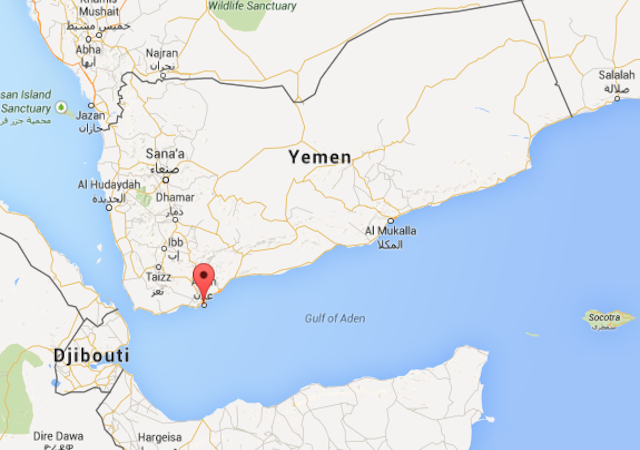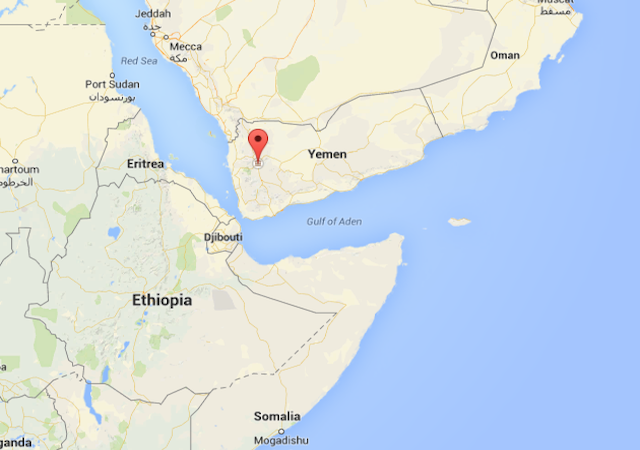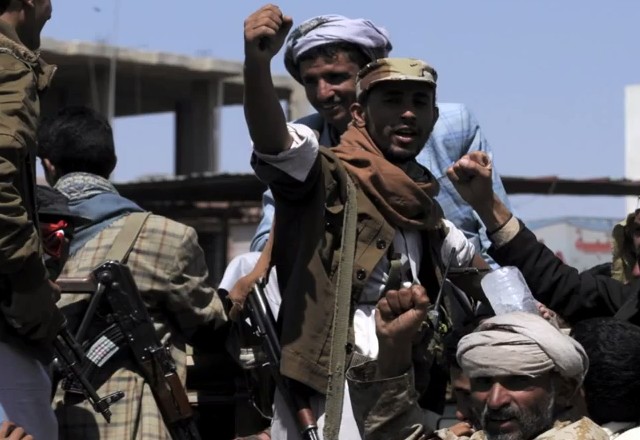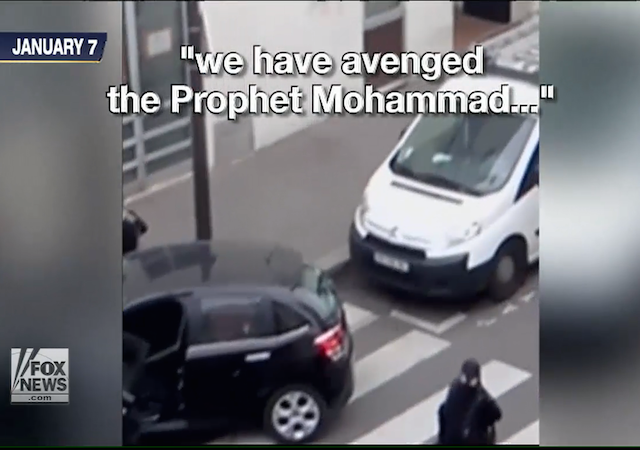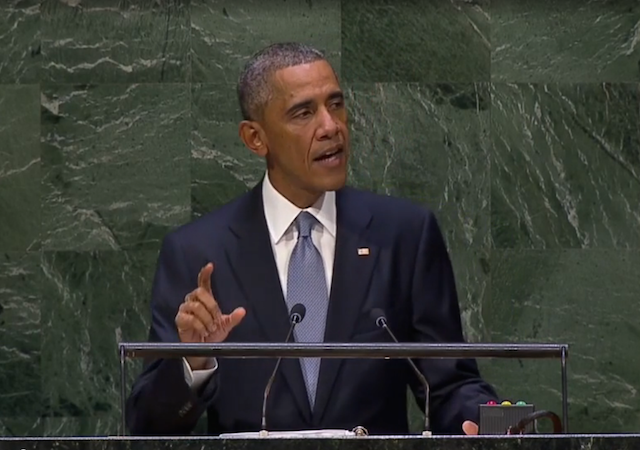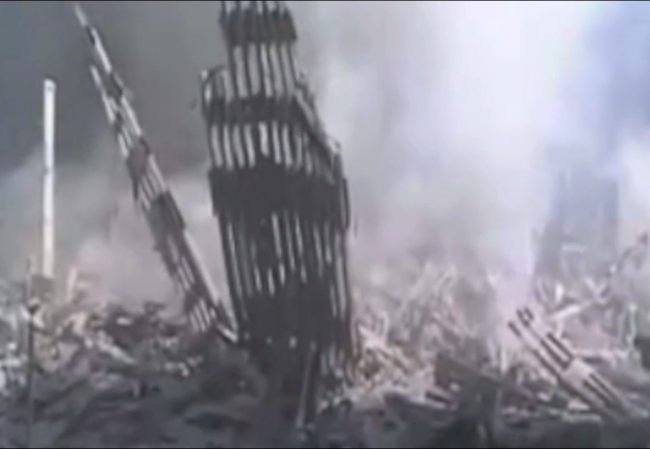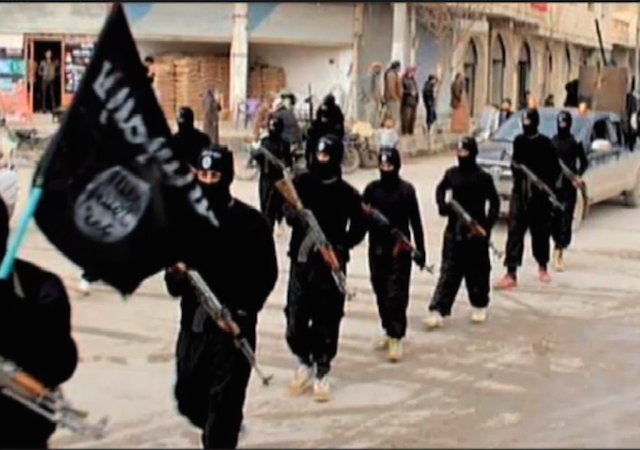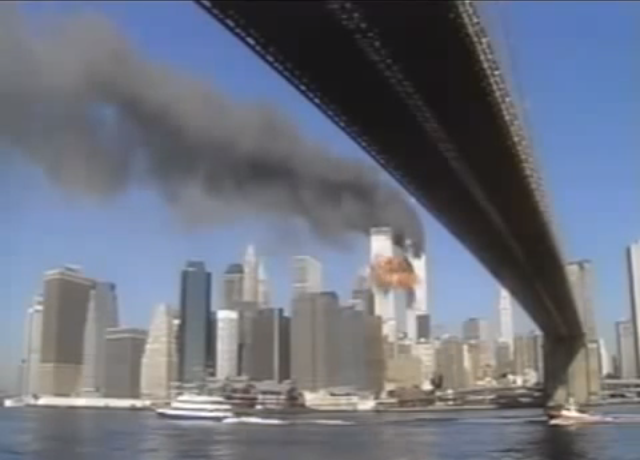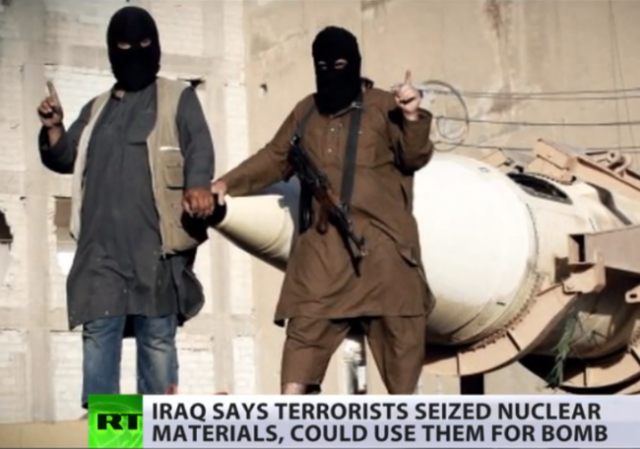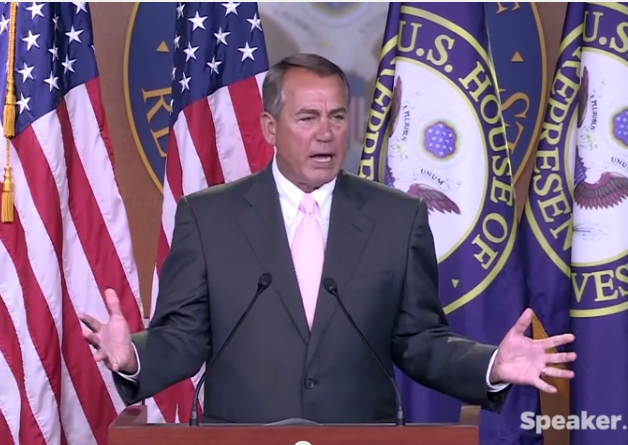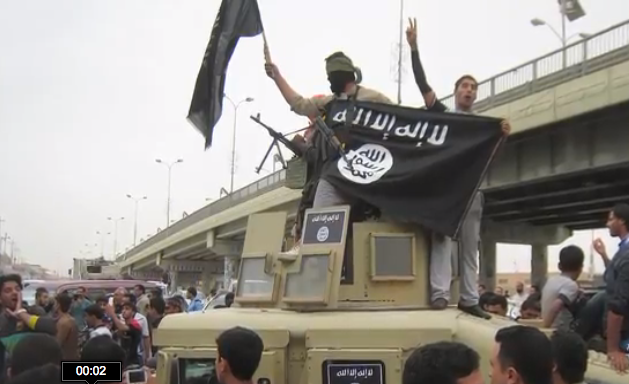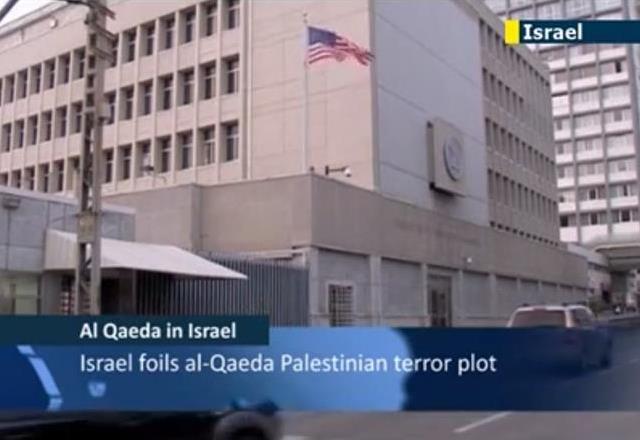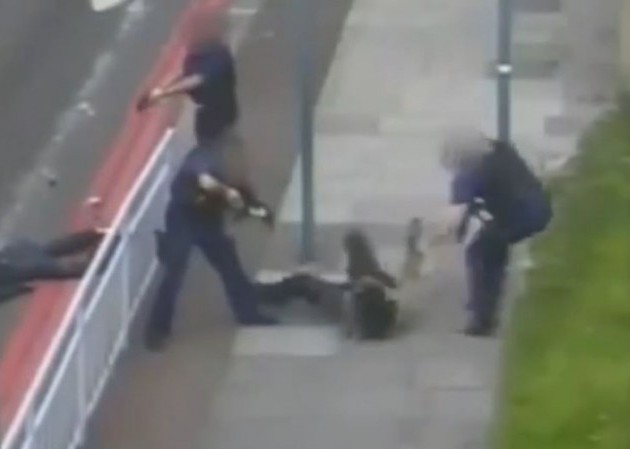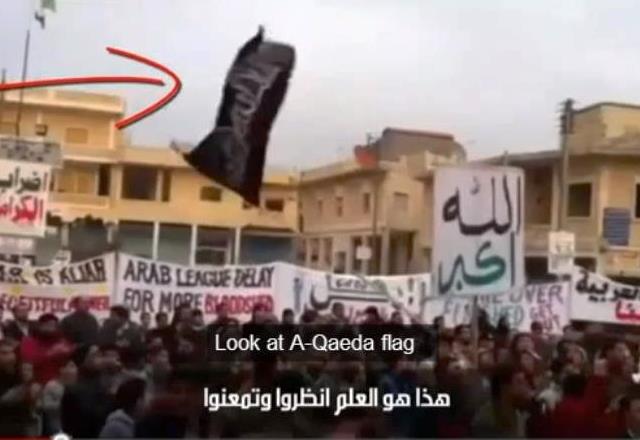New Memorial for Flight 93 Dedicated in Shanksville
on September 11, 2015
5 Comments
A new memorial center has been created in Shanksville, Pennsylvania to honor the people on United Airlines Flight 93 which crashed in a field on September 11th when passengers fought back against the terrorists.
Here's an Associated Press report via FOX News:
Flight 93 memorial visitor center is dedicated A new visitor center has been dedicated on a Pennsylvania hill overlooking the site where United Airlines Flight 93 came down during the 9/11 attacks. The visitor center is at the Flight 93 National Memorial near Shanksville. It uses photos, video, artifacts and interactive displays to tell the story of how passengers and crew fought to regain control of the plane. The hijackers are believed to have wanted to crash it into the U.S. Capitol. An outdoor platform offers a commanding view of the crash site where 33 passengers and seven crew members were killed. U.S. Interior Secretary Sally Jewell said at Thursday's dedication that the center captures "the real honor of the 40 and what they did."



